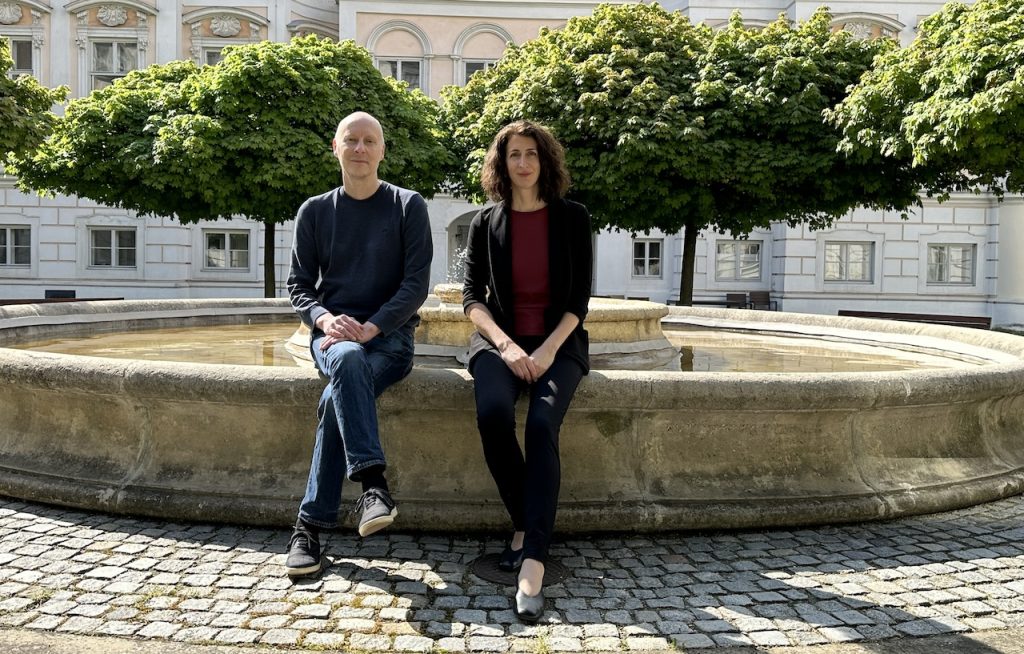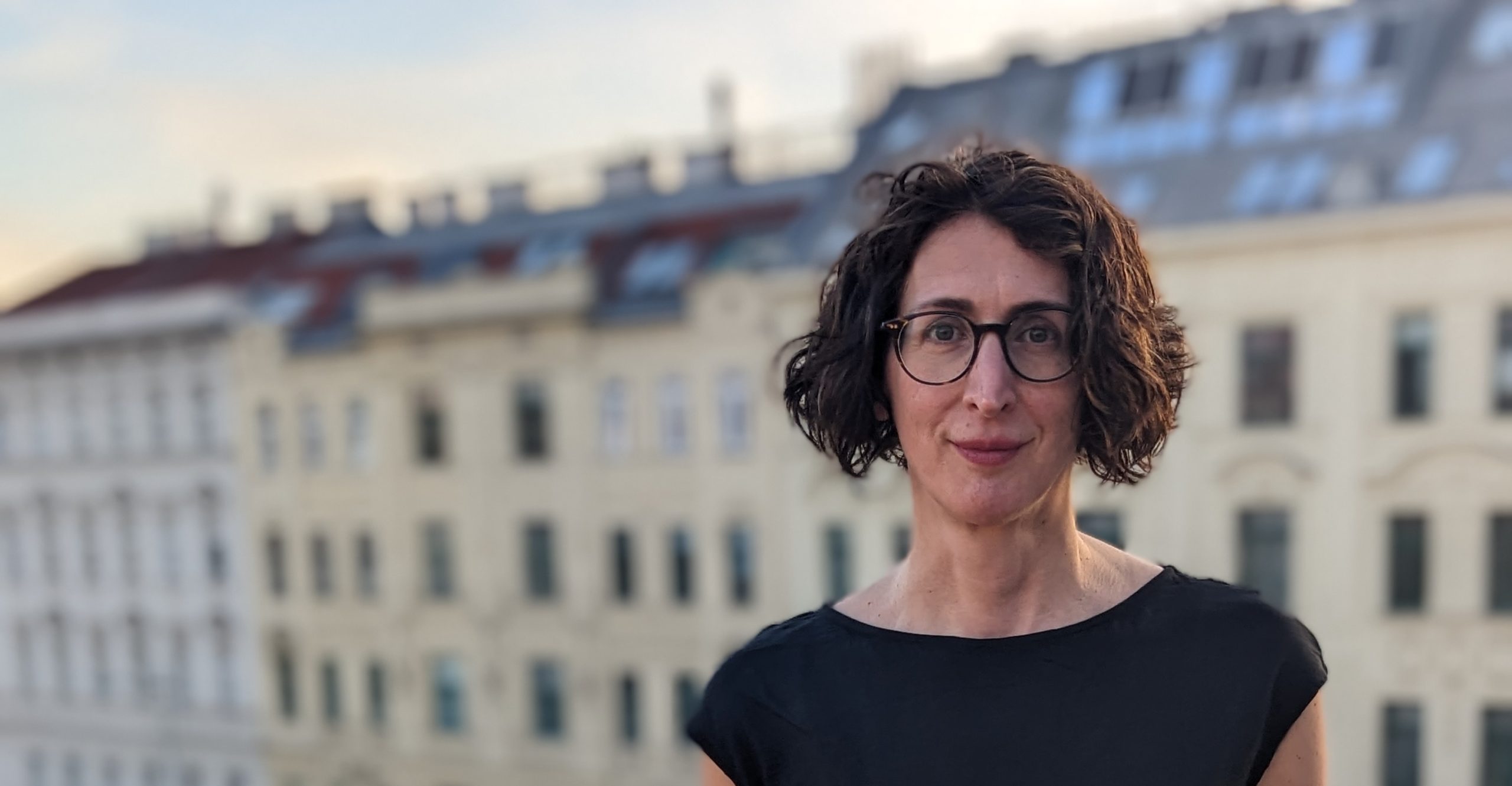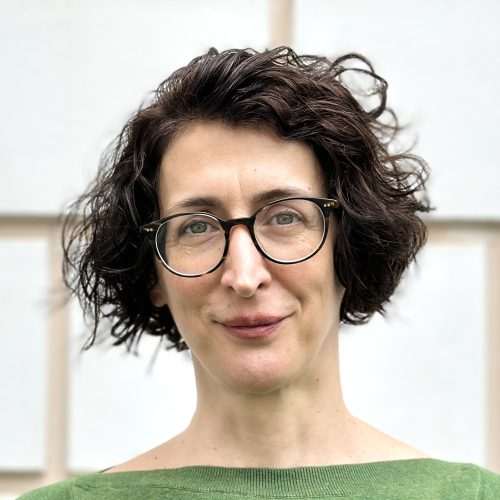Her project on collective adaptation, hosted at the
Complexity Science Hub, will receive € 3 million over 5 years
The European Research Council (ERC) has awarded an Advanced Grant to Mirta Galesic, a resident scientist at the Complexity Science Hub (CSH), to study the intricate workings of collective adaptation. The project aims to provide insights into why collectives – from families to entire societies – can be stuck in deadlocks about important problems, such as resolving long-standing political conflicts; or why they sometimes appear incapable of finding seemingly obvious solutions, such as vaccinating to curb the spread of disease.
“Amid rapid technological changes and escalating global challenges, understanding our collective adaptation is crucial. Yet our scientific understanding here is lacking. This project seeks to bridge this gap by developing both theoretical frameworks and empirical research focused on uncovering the core cognitive and social mechanisms of collective adaptation. This will help us understand how we can achieve positive collective developments and stay away from harmful paths,” says Galesic.
CSH President Stefan Thurner is delighted about the ERC funding for Mirta Galesic: “The project’s content aligns perfectly with the Complexity Science Hub’s mission of developing fresh approaches to address societal challenges. At the same time, the research focus on social complexity for societal change at the CSH will be further strengthened.”
CREATE A BRIDGE
In this project, Galesic aims to uncover the underlying mechanisms driving collective adaptation by bridging cognitive science, sociology, and computational modeling. Using computational models and empirical data from group experiments, longitudinal surveys, and natural language processing of textual corpora, the project intends to revolutionize our understanding of how collectives navigate complex problem landscapes.
“At the heart of our research lies the puzzle of collective adaptation – how human groups dynamically adjust their social structures and cognitive strategies to tackle multifaceted challenges,” explains Galesic, a leading expert in complex social systems. “By developing computational models grounded in empirical research, we aim to unravel the intricate interplay between social learning, belief dynamics, and network structures within collectives.”
INTERDISCIPLINARY
Galesic emphasizes the interdisciplinary nature of the project, which brings together experts from diverse fields to tackle complex societal challenges. “This project involves, in addition to myself, CSH researcher Henrik Olsson, two postdoctoral fellows, and three PhD students with backgrounds in psychology and cognitive science, anthropology and sociology, computer science, applied mathematics, and statistical physics,” says Galesic. “We’ll also hire research assistants to help conduct group experiments.”
“We will also organize workshops, summer schools, and longer research stays for researchers from other academic, civic, and policy institutions in Europe and around the world. This will enable a flow of ideas across sciences, between academia and the civic sector, and across different countries, and will establish CSH as the leading research institute in the world for the study of collective adaptation, further strengthening its reputation for research on complex social systems more generally”, pinpoints Galesic.

RELEVANCE
“Our research has both theoretical and practical implications,” adds Galesic, who is also a professor at the Santa Fe Institute, and external faculty member at the Vermont Complex Systems Center. “By unraveling the dynamics of collective adaptation, we can pave the way for more effective strategies to address pressing issues such as climate change, social inequality, and extremism.”
ERC ADVANCED GRANT
The esteemed ERC Advanced Grant enables top researchers to pursue ambitious, novel, and potentially groundbreaking projects. This year, the ERC received 1,829 research proposals, with just under 14 percent being granted approval. This corresponds to a total funding amount of 652 million euros. A total of twelve grants are awarded to Austria.
ABOUT MIRTA GALESIC
Mirta Galesic has been heading the Collective Minds research group at the Complexity Science Hub since 2023. Additionally, she serves as a professor at the Santa Fe Institute and an External Professor at the University of Vermont.
Born in Croatia, Galesic obtained a doctoral degree in psychology from the University of Zagreb before working as a researcher at the University of Maryland and the Max Planck Institute for Human Development in Berlin. In 2015, she made the move to the Santa Fe Institute, and in 2023, she joined the faculty at CSH in Vienna.
Galesic blends elements of psychology, sociology, and complexity sciences to grasp human behavior in dynamic environments. She has authored numerous articles in prestigious journals covering topics ranging from theories of social cognition to studies on applied issues like hate speech and opinion formation.


